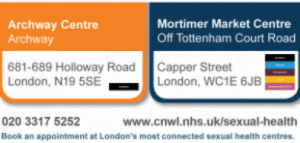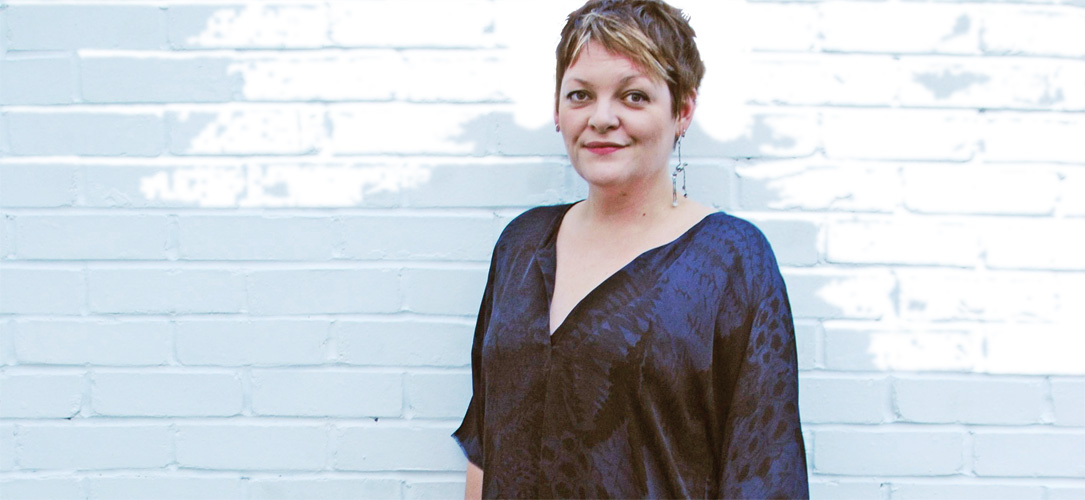Dear Dr Laura,
I’m HIV positive and in reasonable health, but need to start going to the gym. Is there anything I need to think about before starting a fitness/gym regime given my status and what are the benefits of being more physically fit?
Thank you
Jon
Dear Jon,
If you are in reasonable health your HIV makes no difference at all. Several studies show the same benefits of exercise if you have HIV. A recent scientific paper summarised findings of 24 different studies of exercise (at least 3 times a week for at least 5 weeks) in people with HIV. Exercise SIGNIFICANTLY improved:
Cardiorespiratory status (health of heart/lungs)
Strength
Body composition/shape
Symptoms of depression
Quality of life
Some of the studies even looked at whether exercise affects HIV in terms of your viral load or CD4 – there was no harm AT ALL.
Another exercise benefit is for fatty liver – excess liver fat is very common in modern society and exercise, even if you don’t lose weight, significantly reduces liver fat. Exercise is GOOD. My favourite website, NHS Choices, says: “If exercise were a pill, it would be one of the most cost-effective drugs ever invented”. The website tells you how much exercise, and what type, to aim for and even includes NHS fitness videos: nhs.uk/conditions/nhs-fitness-studio/. Because people with HIV are at a higher risk than people without HIV of age-related diseases, it could be argued that keeping healthy, including exercise, is particularly important for you.
For every 10 people you ask you’ll probably get 10 different answers about which types of exercise are best for you, but here are some simple tips:
Mix it up: varying types of exercise means you are less likely to get bored or stuck in a rut. Combining strength (weights, resistance bands and body weight exercises like push ups) with aerobic training (cycling, running, swimming – things that get you out of puff) will maximise benefits.
Incorporate exercise into your daily routine: stairs instead of lifts, walking up escalators, cycling instead of catching the bus – anything that replaces sitting or standing still with moving around will improve your fitness. Once it becomes habit, you won’t even notice you’re doing it.
Work out with others: if you struggle to stay motivated, classes may be a good option (there’s nothing like the sight of other people to stop you giving up!). Or go for a brisk walk or run with a friend once a week – when you’re tempted to give it a miss the fear of letting someone down may help.
Do things you enjoy. Hate spinning? Find an alternative! Interested in mindfulness? Then try exercises like pilates and yoga.
There is always enough time! We’re all busy and ‘not enough time’ is a common excuse, BUT even short bursts of exercise can be beneficial. There are numerous resources for high intensity interval training (HIIT) for example, which some people swear by. The scientific evidence of benefit is mixed, but I could find no studies showing harm and I believe anything is better than nothing.
Warm up before and stretch after: this needn’t take long and can help reduce soreness after a workout. Intense weight training can lead to DOMS (delayed onset muscle soreness) but some evidence suggests mild aerobic activity (for example, a gentle cycle after leg weights) can help reduce this. Again, there is loads of material and advice out there including free videos and apps.
Rest days: most experts recommend at least 2 rest days a week for recovery. Life is too short to not have fun so I also encourage people to treat themselves. Have a pub lunch on a Sunday – just walk there first!
So are there any particular concerns about exercise that people with HIV need to worry about? One of the ‘side effects’ of exercise can be a change to some of the blood tests your clinic checks to monitor your treatment and health. This doesn’t mean you should stop exercising, but if a test is abnormal, you may be asked about recent exercise and your clinic may ask you stop exercising for a short time to see if the test goes back to normal.
One example is ALT: a protein from the liver, measured in blood; we test it to look for liver inflammation (due to drugs, including HIV drugs, alcohol and infections including syphilis and hepatitis C). However, ALT is also in muscles so if you’ve had a workout the ALT can go up. The clinic can check if ALT is more likely from the muscle or liver by doing some extra blood tests.
The other thing to consider is supplements:
Impact on tests: creatine supplements cause an increase in a blood test called creatinine, which clinics check to make sure the kidneys are healthy. If your creatinine goes up you may get a phone call to repeat it. Make sure the clinic knows you are taking creatine and stop creatine before your tests: it’s cleared pretty quickly from the body so stopping it 48-72 hours before your blood test will be plenty.
Interactions with HIV meds: certain minerals (for example, calcium, iron, magnesium) reduce some HIV drug levels. Check with your clinic or on the HIV Liverpool website or app hiv-druginteractions.org/
Check the label: some ‘natural’ supplements contain other things, for example, anabolic steroids, which, if you want to know more about steroids, I wrote about them last year for Boyz: archive.boyz.co.uk/boyz-doc-on-steroids/
So, exercise helps people look, feel and function better. Your HIV is no barrier at all. Good luck, work out well and remember to rest too.
Dr Laura Waters is an HIV and sexual health consultant at the Mortimer Market clinic and the Boyz Doc. Dr Laura answers your questions every two weeks in Boyz. If you have a question for Dr Laura please email her at [email protected].













